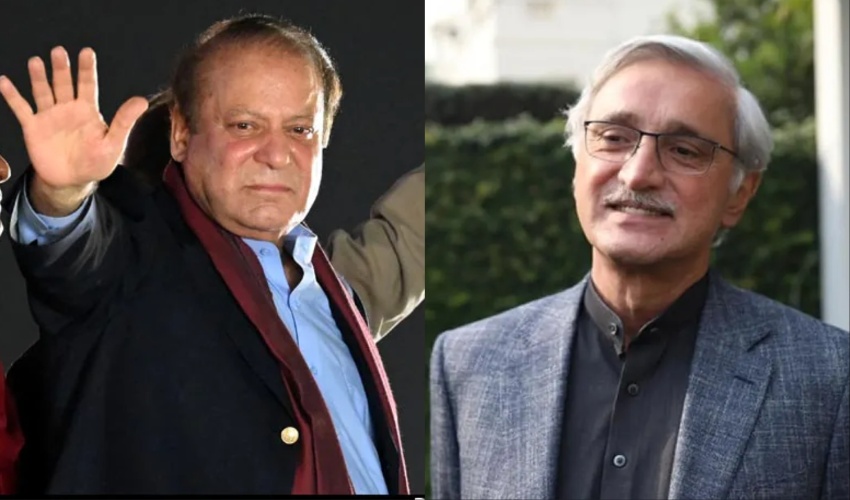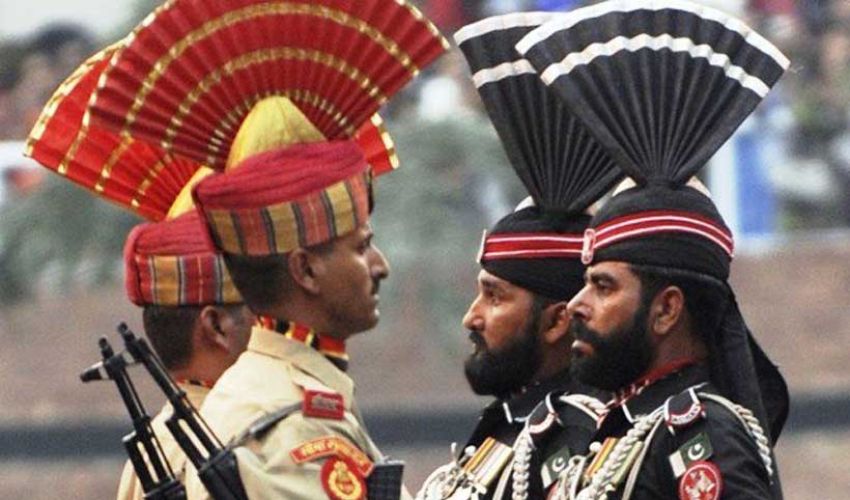In a landmark decision, the Supreme Court of Pakistan overturned its previous ruling, ending the lifetime disqualification of lawmakers under Article 62 (1)(f).
The decision, announced on Monday, has paved the way for influential political figures, including Pakistan Muslim League-Nawaz (PML-N) supremo Nawaz Sharif and Istehkam-e-Pakistan Party (IPP) chief Jahangir Tareen, to participate in the upcoming elections scheduled for February 8.
Last judgement and Panama Papers
The apex court's latest judgment marks a departure from its unanimous ruling on April 13, 2018, which declared that disqualification under Article 62 (1)(f) of the Constitution was for life.
The court has now set aside this precedent, stating that no individual can be permanently barred from running in elections if disqualified under the aforementioned article.
Article 62(1)(f) requires a member of parliament to be "sadiq and ameen" (honest and righteous). Notably, it was under this provision that Nawaz Sharif faced disqualification on July 28, 2017, in the Panama Papers case, and Jahangir Tareen was disqualified on December 15 of the following year by a separate bench of the apex court.
Justice Umar Ata Bandial, while reading out the decision, clarified that the disqualification of any member of parliament or public servant under Article 62 (1)(f) in the future will be considered "permanent."
However, the judgment will not apply retroactively to individuals who were previously disqualified, providing a glimmer of hope for politicians aiming to resume their political careers.
Today's judgment
The top court while pronouncing a reserved verdict in the case about the on interpretation of Article 62-1F has abolished the lifetime disqualification.
The ruling was made by a distinguished 7-member bench of the apex court, featuring Chief Justice Qazi Faiz Isa, Justice Mansoor Ali Shah, Justice Yahya Afridi, Justice Aminuddin Khan, Justice Jamal Mandukhel, Justice Muhammad Ali Mazhar, and Justice Musrat Hilali.
The case centered around Article 62(1)(f) of the Constitution, which empowers the parliament to prescribe qualifications for contesting elections.
The Supreme Court rendered a crucial verdict, voting 6 to 1, which determined that politicians cannot be permanently disqualified under Article 62 1F. Emphasizing that contesting elections is a fundamental right of citizens, the Court asserted its constitutional authority, highlighting that Section 184(3) doesn't possess the power to impose lifelong disqualifications.



























